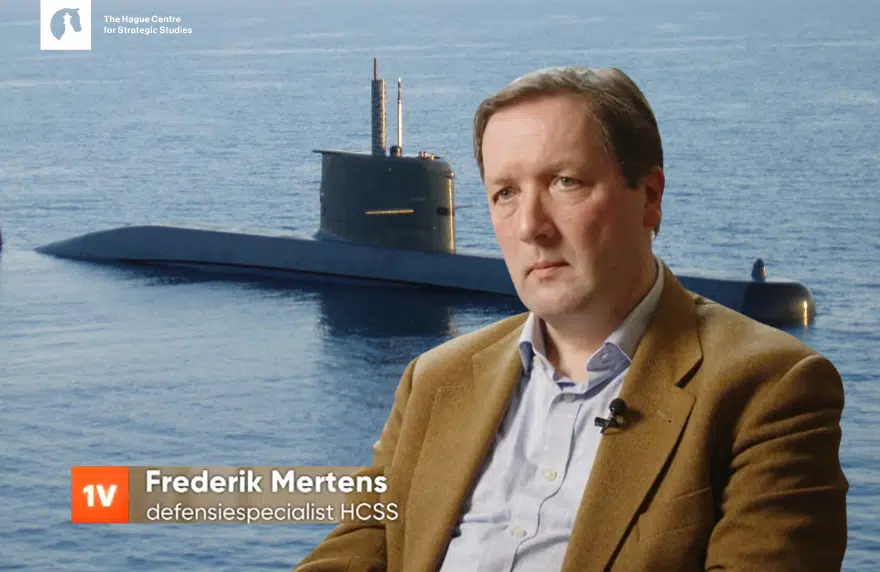Het lijkt erop dat de Wet op de inlichtingen- en veiligheidsdiensten (Wiv), de sleepwet volgens de tegenstanders, het gaat halen. Maar wat de uitkomst ook is, dit referendum laat zien dat het over de inhoud kan gaan en niet, zoals bij het Oekraïnereferendum, hoeft te ontaarden in een protest tegen het kabinet.
Je kunt de studenten achter het referendum hooguit naïviteit verwijten, maar niet dat ze een dubbele agenda hebben. Ze hebben terechte zorgen over de privacy. Maar ik vraag mij af of die privacy bij de Wiv meer in het geding is dan bij de techbedrijven als Google en Facebook. Of door het koppelen van bestanden met persoonsgegevens, variërend van die van de Belastingdienst en het UWV tot aan die van zorgverleners en woningcorporaties, ten behoeve van de fraudebestrijding. Dat vind ik pas echt eng.
Dat sleepnet is het ongericht en massaal verzamelen van technische gegevens over communicatie. Dat kan nodig zijn als nog onduidelijk is waar kwaadwillenden zich ophouden en als ze anoniem, via een groot aantal apparaten en vanaf verschillende locaties, communiceren. In die metadata zitten onvermijdelijk de data van onschuldige burgers. En als je al die data analyseert kun je inderdaad, zoals de critici zeggen, een profiel van personen maken, mits je weet wie die apparaten bedient. Maar juist criminelen en terroristen zullen zich onzichtbaar maken en zullen ook actief zijn op het dark web, de krochten van het internet waar de onschuldige burger hopelijk wegblijft. En juist in die types zijn de diensten geïnteresseerd.
Voldoende woonlagen
Van de verzamelde data wordt ongeveer 98 procent weggegooid, de rest wordt geanalyseerd. Pas dan wordt in de berichten gekeken en wordt de privacy echt geschonden. Daarvoor is opnieuw goedkeuring van de minister en advies van een toetsingscommissie nodig. Dat lijken mij voldoende waarborgen.
Maar daar denken de tegenstanders van de wet anders over. GroenLinks stelt voor het massaal verzamelen van data uit de wet te halen. Dus geen sleepnet, ook niet om aanslagen te voorkomen of kinderpornonetwerken op te rollen. Dat je daarvoor mogelijk eerst data massaal moet verzamelen, wil men niet horen. De vrees is dat hele wijken worden afgetapt. Maar dat is niet proportioneel en de diensten hebben voor dat soort situaties betere en gerichtere middelen.
Hoge schadevergoedingen
De sleepwetstudenten, GroenLinks en clubs als Amnesty International en Bits of Freedom zien privacy in absolute termen, maken uw en mijn veiligheid daaraan ondergeschikt en lijken de overheid te wantrouwen. Ik vertrouw die overheid nog wel en wil de diensten best de ruimte geven, mits de controle wordt versterkt. Precies dat doet deze wet.
Toch heb ook ik bezwaren. Waarom mogen metadata inclusief die van Nederlanders aan buitenlandse diensten worden overgedragen? Haal die van Nederlanders er maar uit. En geef hoge schadevergoeding aan degenen die onterecht door de diensten worden aangewezen.
Maar het referendum biedt mij niet de mogelijkheid om ‘ja, mits’ te stemmen. En ‘nee’ gaat me te ver. Dus aanvaard ik dat de wet onvolkomen is. Fraai is dat niet. Het laat maar weer eens zien dat een referendum tekortschiet voor dit soort complexe onderwerpen.
De column van Rob de Wijk is wekelijks terug te lezen in Trouw.





